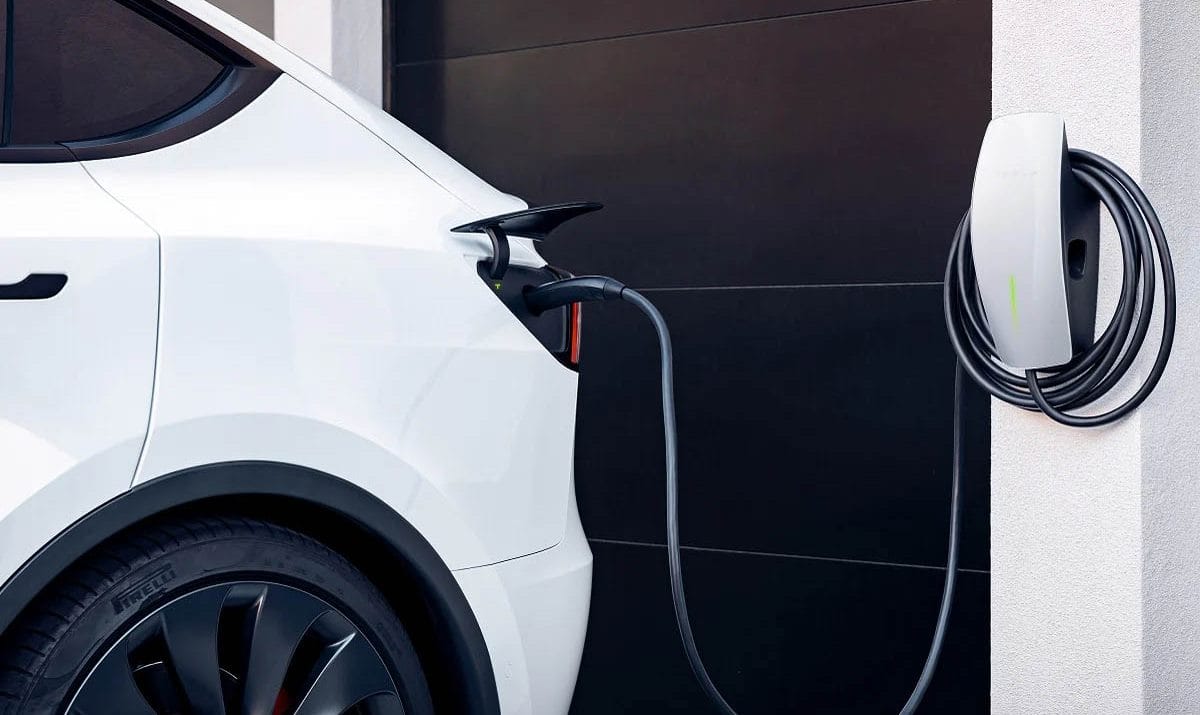With electric cars, the national automotive industry is gaining new momentum for its development. The promising future prospects of this segment have attracted many national and foreign investors to the Kingdom to capitalize on this growth. However, the activity remains hindered by a weak local market due to high prices and the lack of an adequate network of charging stations.
Morocco has consolidated its position in the automotive industry. However, to move forward, the sector must invest in more profitable niches in global markets, such as electric vehicles. This segment is booming, with growing demand driven by strong interest from manufacturers. This is due to several governments imposing restrictions on the circulation of internal combustion engine vehicles. These include European countries, the United States, China, South Korea, and Japan. In 2023, nearly 9.5 million electric vehicles were produced worldwide, compared to 7.2 million in 2022, representing a 32% increase. This volume is expected to continue rising in the coming years. In several countries, massive development programs are being implemented, and large investments are being made. There is also fierce competition among global automotive companies to build reliable, well-equipped electric models with long ranges, easy rechargeability, and competitive costs.
The national automotive industrial ecosystem has not remained on the sidelines of this evolution. A dynamic has been set in motion by manufacturers, suppliers, and subcontractors. Both Renault and Stellantis have well-designed programs in this area. Both manufacturers aim to leverage their already operational platforms in Tangier and Kenitra, respectively, and the highly competitive production costs in Morocco to produce 100% electric models that meet the required standards and are available at affordable prices. Stellantis' plant invested in this segment from its launch with the Citroën AMI. Produced since 2020, this microcar quickly became the best-selling license-free car in France and Spain. Other Stellantis brands have followed suit, including the Opel Rocks-e, Opel Rocks Electric, and Fiat Topolino.
The success of this vehicle is attributed to its practicality. It meets the needs of sustainable mobility. Ultracompact (2.41 m long, 1.30 m wide, and 1.52 m high), the Citroën AMI offers smooth urban mobility and easier parking. It has a turning radius of 7.20 m, a range of 75 km, and a top speed of 45 km/h. Meanwhile, the Renault Group plans to produce the Mobilize Duo at the Melloussa plant, at a rate of 17,000 units, which will be increased to 50,000 units. The production process uses 50% recycled materials. This compact quadricycle (2.43 m long and 1.30 m wide) will also be available in a utility version with a cargo volume of 700 liters. In addition to vehicle assembly, the supplier sector is showing interest in investing in the manufacture of parts dedicated to this type of vehicle. The battery, being a key component of electric cars, has led many producers to announce mega-projects in this field.
During a question session in Parliament, Ryad Mezzour, Minister of Industry and Trade, stated that "the Kingdom aims to position itself in the manufacture of electric cars, batteries, and the components involved in the production of these types of vehicles." In this regard, Morocco signed a 3 billion dirham investment agreement in March with the Chinese company BTR New Material Group for the construction of a cathode production plant in Tangier, an essential element in electric batteries.
This plant will have a production capacity of 50,000 tons of cathodes per year. It will be located within the Mohammed VI Tangier Tech City and is expected to produce around 25,000 tons of cathodes by 2026. According to the Ministry of Industry, the BTR project should create 2,500 direct jobs and contribute to "the consolidation of Morocco's position as a leader in the field of electric mobility." It is noteworthy that nearly all of the production of electric vehicles and batteries is destined for export, as the local market cannot absorb them. Generally, most brands offer 100% electric ranges, but the share of electric cars in the global market remains insignificant.
In 2023, only 463 vehicles were sold, representing a 133% increase. Clearly, there is growing interest from buyers, but significant obstacles are delaying wider adoption of these vehicles. These obstacles are primarily due to the scarcity of charging stations, with only 119 units across the entire national territory. In comparison, France had 129,525 stations as of April 30, 2024, with a goal of reaching 400,000 stations by 2030. This difficulty discourages potential buyers from opting for an electric car. Additionally, the acquisition cost is also unappealing to many buyers. The Citroën AMI, priced at 100,900 dirhams, is the most affordable vehicle. This two-seater microcar has been adopted by companies and institutions like Al Barid Bank, but does not interest individuals who prefer 4 or 5-seater vehicles with a trunk. Among urban cars, the Dacia Spring has the most competitive price at 199,000 dirhams. Although many importers offer Chinese vehicles with good value for money, they are not within everyone's budget
Another factor, of a psychological nature, is rooted in customs. Moroccan drivers are more interested in diesel engines, which is reflected in automotive sales, composed of 85% thermal vehicles. "There is much work to be done to develop non-thermal engines in Morocco. Compared to Europe, which has a 47% share, our country is still lagging with only a 4.5% share. We continue to discuss with the government and have proposed numerous suggestions to boost this segment," explains the Association of Automotive Vehicle Importers in Morocco (AIVAM) during its annual press conference in January 2024. Sector professionals are calling for fiscal and regulatory measures to develop this segment. They propose tax exemptions and VAT reductions, as well as restrictions on the circulation of thermal cars in urban centers.
Source of the article: Finances News Hebdo






